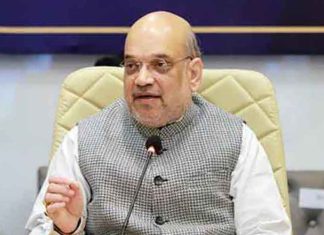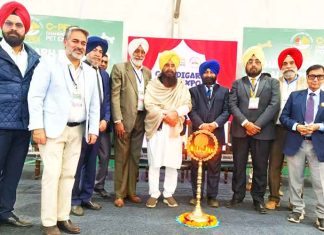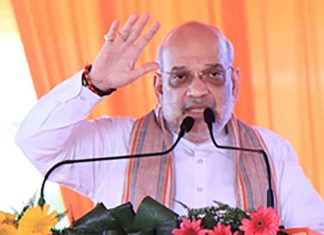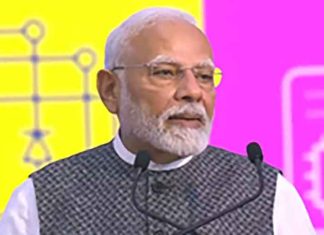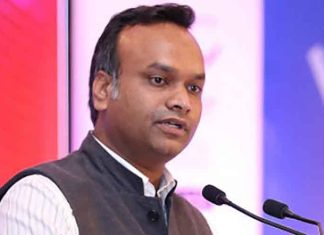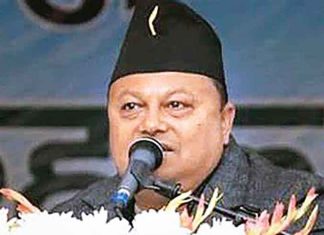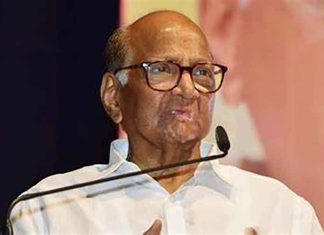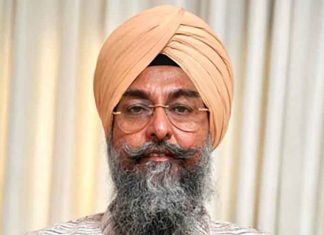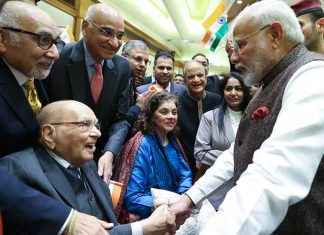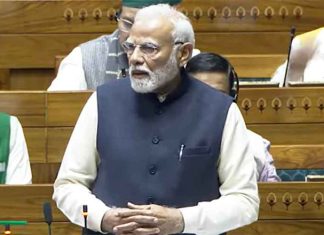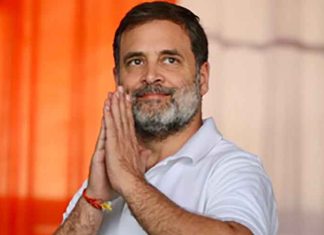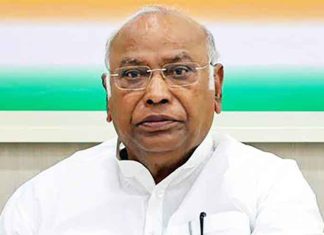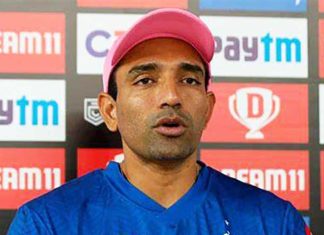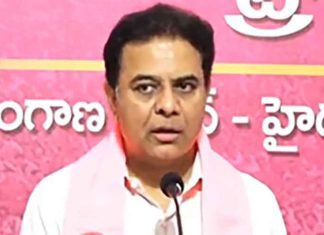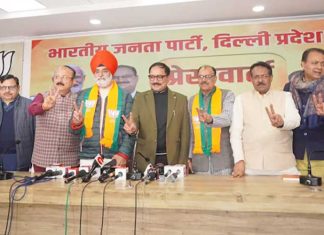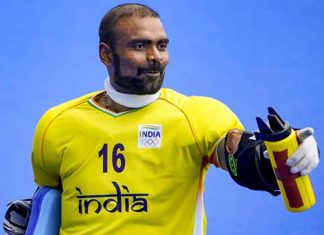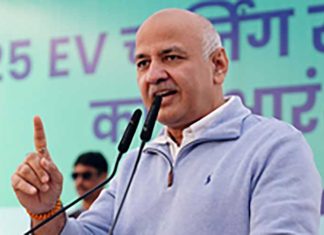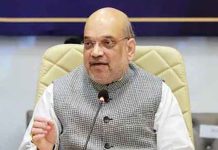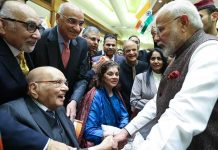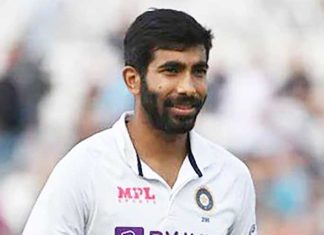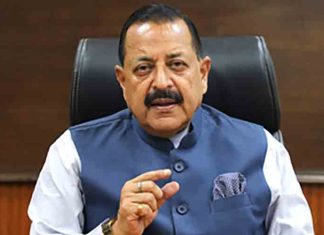New Delhi, Sep 26 2024-
More than 65 per cent of India’s population falls in the reproductive age group, which requires urgent investment in contraceptive choices, especially birth spacing methods, said experts on World Contraception Day on Thursday.
World Contraception Day is observed every year on September 26 to raise awareness about the importance of family planning and reproductive health. The theme this year is: “A choice for all. Freedom to plan, power to choose.”
Adequately spaced pregnancies can boost maternal and child health outcomes. This will lead to better maternal and child health, reduced unintended or unplanned pregnancies, and greater economic stability for families.
“India’s young population, with over 65 per cent under 35, requires urgent investment in contraceptive choices, especially spacing methods,” Poonam Muttreja, Executive Director Population Foundation of India, told IANS.
According to NFHS 5 (2019-21), 4 per cent of India’s unmet contraceptive need is for spacing methods.
“Expanding access to these options will improve health outcomes, reduce healthcare costs, and enhance economic productivity by allowing women to better participate in the workforce,” Muttreja said.
She called on improving the quality of care in family planning and reproductive health services.
“Policies must prioritise delivering respectful, high-quality care, as women who feel valued and respected are more likely to use contraception effectively and adopt healthier family planning practices,” Muttreja said.
In 2023, India integrated two new Long Acting Reversible Contraceptive (LARC) methods into its public health system: the subdermal implant and the subcutaneous Antara injection.
However, it comes after a 30-year delay, during which Indian women were deprived of crucial contraceptive options. At the same time it was adopted by many countries around the world, including our neighbouring countries, such as Bangladesh, Nepal, and Sri Lanka, Muttreja said.
The Union Minister of State for Health and Family Welfare Anupriya Patel recently stated that the acceptance of modern contraceptives in India has increased to over 56 per cent.
The country’s National Family Planning Programme currently offers a variety of reversible modern contraceptives encompassing condoms, intrauterine contraceptive devices, oral pills, injectable contraceptives, etc.
Although contraception is an empowering tool, it is crucial to balance planning with the realities of reproductive health, Dr. Neha Khandelwal, Director of the Department of Obstetrics and Gynecology at Cloudnine Group of Hospitals, New Delhi, told IANS.
“While contraception is used by many couples to avoid unplanned pregnancies and to adequately space your pregnancies, they must not forget that the biological clock of a woman doesn’t wait for the ‘perfect time’ to conceive,” Khandelwal said.
She noted that “fertility declines after 30 and declines rapidly after 35 years of age. Timely planning a pregnancy will help escape infertility issues”.
The doctor also advised couples to have open conversations not only about when they feel emotionally ready but also about the potential biological challenges that can come with waiting too long.
Meanwhile, Muttreja also urged for active male involvement in family planning programmes.
“By engaging men as equal partners in family planning, we may unlock a critical pathway to driving meaningful change in the country,” the public health expert said. (Agency)









